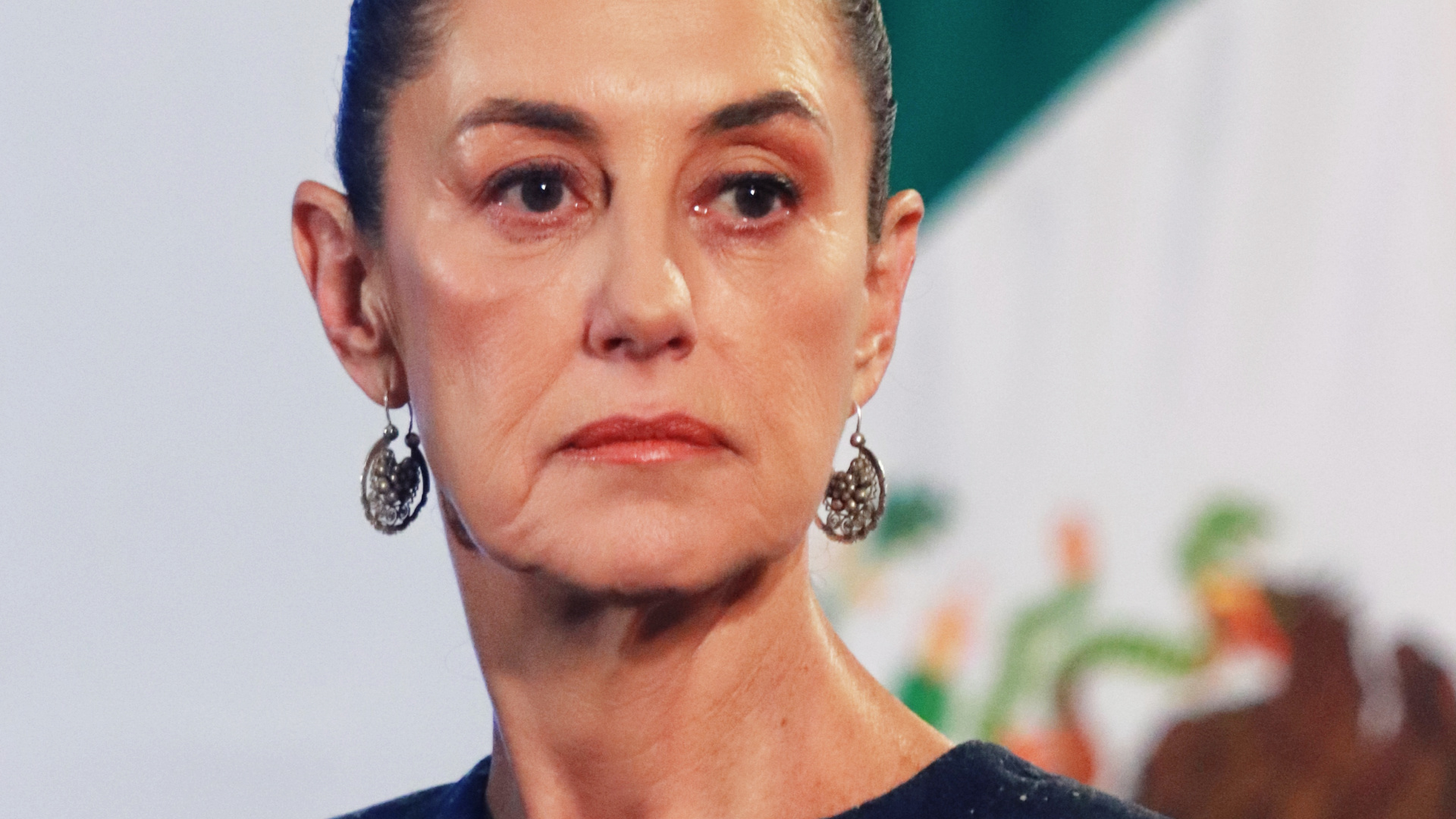Rush Limbaugh: the life of the controversial radio host
Rush Limbaugh, who passed away at age 70 on February 17, 2021, was one of the most popular American radio hosts in the past century.
A controversial and outspoken rightist commentator, he had an immense impact on the media and political landscape of the 1990s, and he arguably helped create the context in which Donald Trump could rise to power.
Rush Limbaugh's last major achievement was his award of the Presidential Medal of Freedom during Donald Trump's State of the Union in January 2020. It's a high honor bestowed yearly on roughly a dozen citizens for their civic contributions.
In fact, Rush Limbaugh means so much to Donald Trump that the former president made a special appearance on Fox News to commemorate the deceased radio star on February 17, 2021.
Trump had not given any interviews since January 6, the day of the Capitol riot and two weeks before the end of his presidency. The retired president said Limbaugh was "a legend" and also took the opportunity to tell Fox News that "Rush thought we won" the 2020 election.
The champion of conservative right-wing media was born in Cape Girardeau, Missouri in 1951. He began working for a local radio station as a high school student of 16.
At his parents insistence, Limbaugh went to college at Southeast Missouri State University, but he dropped out after two semesters and proceeded to work as a DJ in several radio stations. "He just didn't seem interested in anything except radio," his mother would later tell biographer Paul Colford.
In the 1980s, after having passed through several radio stations in the Midwest, Rush Limbaugh ran a successful talk radio show in Sacramento, California.
He then moved to WABC New York for his own program, 'The Rush Limbaugh Show.' It would be on air until the day he died - when, in fact, his wife would be the one to announce his passing on the show.
Media scholars say the radio star changed the concept of talk radio. It had traditionally relied on interviews and people calling in to give their opinions, but Rush Limbaugh positioned himself as the opinionmaker on his own.
He proudly and loudly expressed his ideas - conservative, anti-feminist, pro-Gulf War, and critical of minority rights movements - and gained many loyal fans with it, ABC News recounts.
The repeal of the Fairness Doctrine in 1987, which had required radio stations to always reserve airtime for the opponents of the controversial opinions they broadcast, helped him flourish even more. He could talk freely without having to air any rebuttal. The New York Times claimed in 1990 that Limbaugh had more listeners than any other radio personality.
The radio commentator centered in numerous controversies and polemics over the course of his career. He was against gay marriage, made derogatory remarks about the LGBTQ community during the AIDS crisis in the 1980s and 1990s, insulted African-American athletes when talking about football and other sports, labeled feminists who advocated birth control rights as "sl***," denied climate change, and dismissed the notion of consent in sexual relations.
While people on the right "see Limbaugh as a hero who gave conservatives a voice," media scholar Brian Rosenwald tells ABC, "those on the left will remember him as 'a hate-mongering bigot who said a lot of awful things' and 'reinforced prejudices.'"
Rush Limbaugh was especially influential during the Clinton administration of the 1990s when conservative sentiments reached a height of intensity. In the 1994 elections, Republicans won a majority in Congress for the first time in decades. They credited Limbaugh's radio activism with helping this 'Republican Revolution' and gave him an honorary membership in their caucus in 1995.
Rush Limbaugh also published his opinions in book form during those years. His 'The Way Things Ought to Be' (1992) and 'See, I Told You So' occupied number one of the New York Best Seller list for 24 weeks. They were a mix of biographical stories and satirical comments about the events of the time. Limbaugh would later also publish patriotic history books for children.
Limbaugh had his own TV show from 1992 to 1996, though he liked radio better than television. He also appeared in numerous national talk shows and traveled around to give lectures, which made him hundreds of thousands of dollars. Forbes estimated that, by 2018, the media personality had made $84.5 million.
(On the image: Limbaugh with talk show host Jerry Springer)
The love life of Rush Limbaugh was as stormy as his radio career. He married four times between 1977 and 2010, with three of his marriages ending in divorce and all of them without children. Here we see him with his third wife, Marta Fitzgerald, an aerobics teacher who'd be his partner from 1994 to 2004.
Over the course of the 1999s, Limbaugh became highly dependent on painkillers. He would take a break from his radio show in 2003 to go into rehab. He also got into trouble with the police for doctor shopping and prescription fraud.
Meanwhile, the radio star was losing his hearing in both ears. Some media speculated it was a result of excessive substance use. Limbaugh received cochlear implants in both ears and claimed on his show that his regained hearing was 'miraculous.' "How can you not believe in God?" he exclaimed on air after surgery in 2014.
Limbaugh met his fourth wife, the party planner Kathryn Rogers, in 2004. When they got married in 2010, she was 33 years old and he was 59. They would stay together until the end of his life.
Rush Limbaugh was an avid golfer. He participated in tournaments but also had his regular weekend games with golf pals like Rudy Guiliani and Marvin Shanken. Limbaugh was also an avid smoker, even while golfing. He claimed in 2015 that he didn't see the relationship between smoking and cancer, Mercury News reports.
Of course, Donald Trump would be a golf partner of Rush Limbaugh as well. The president before him, Barack Obama, had declined invitations for golf by the man who criticized him on the radio every day of the week, saying that "Limbaugh can play with himself." For President Trump, who agreed with Limbaugh about many social topics, the situation was different. He regularly invited the radio star to his Mar-a-Lago resort and International Golf Club.
Rush Limbaugh was a loyal supporter of Donald Trump, although he had initially supported the Texan senator Ted Cruz in the Republican primaries. "Limbaugh understood the impact Trump could have," ABC News argues, "in part because, like Limbaugh himself, Trump 'never put his tail between his legs,'" the outlet cites media scholar Brian Rosenwald.
"Rush refused to go away," Brian Rosenwald says on ABC News. "Trump refused to go away in controversy. ... Without Rush Limbaugh and without the media type that he created, I don't think you get a President Trump."
The 2020 Presidential Medal of Freedom, which Melania Trump bestowed to a surprised and visibly moved Rush Limbaugh, was controversial because many of his critics felt he had been too divisive and polemical to deserve such a high honor. Then-presidential candidate Joe Biden, who'd received the medal himself (as well as Rosa Parks, Muhammad Ali, and Mother Theresa, to name a few) called the event "a shameful display."
In the days before the State of the Union and the Medal for Freedom, Rush Limbaugh had publicly disclosed his diagnosis of advanced lung cancer. He would go on to live for another year, until February 17, 2021. Then, he left behind his listeners, political friends, and his wife Kathryn for good.
More for you
Top Stories








































